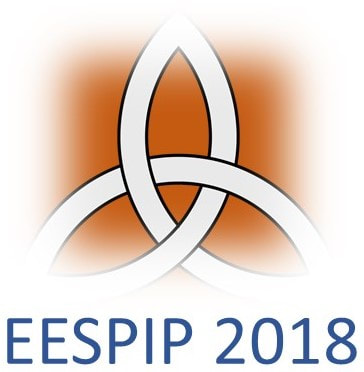Background information:
The thinking behind this project is about the importance of human relationships in shaping learning careers. Prisoners spend the vast majority of their time with or around prison officers, the day-to-day running of a prison depends wholly on them therefore they are the ones with potential to wield significant influence on prisoners’ education.
The problem? Nor the initial nor the continuing training of prison officers does not include the perspectives of prison officers and education agents, or place emphasis on the need for integrity, humanity professional capacity and suitability for the complex work that they will be required to do.
Ultimately the under-training turns in a lack of commitment among uniformed staff in the prison establishments. This is what the project proposes to respond to.
The problem? Nor the initial nor the continuing training of prison officers does not include the perspectives of prison officers and education agents, or place emphasis on the need for integrity, humanity professional capacity and suitability for the complex work that they will be required to do.
Ultimately the under-training turns in a lack of commitment among uniformed staff in the prison establishments. This is what the project proposes to respond to.
Main objectives of the project: |
Phases
|
|
Scan these competencies in existing trainings for prison staff and (if existent) and their promotion through European prison staff training policies. |
3. Creation of a recruitment base for next generations - with results of previous phases and the first group of staff and volunteers experience. 4. Roundup summary with what
changed regarding first phase priorities and measurement of overall success of the project. |
|
The EESPIP project is co-financed by ERASMUS + programme ( KA2 - Strategic Partnerships for adult education). ERASMUS + is the new EU programme for Education, Training, Youth, and Sport (2014-2020). This website has been accomplished during the “EESPIP” project implemented with financial support of the European Commission by the Erasmus + Programme. This publication reflects the views only of the author. The Erasmus+ agency and the European Commission cannot be held responsible for any use which may be made of the information contained therein.
|
Copyright © 2021


